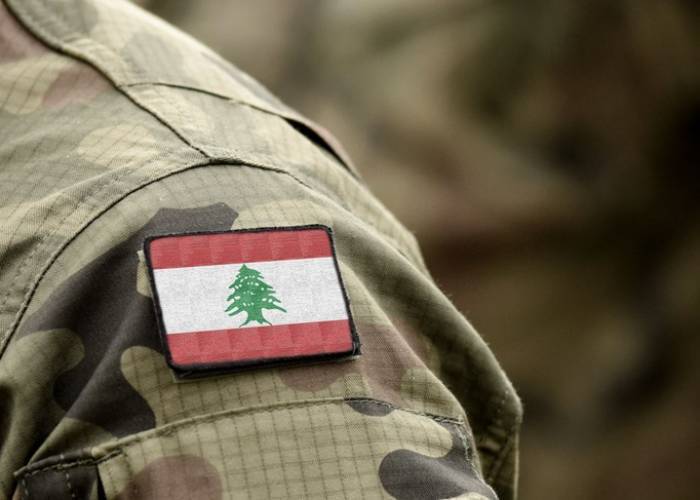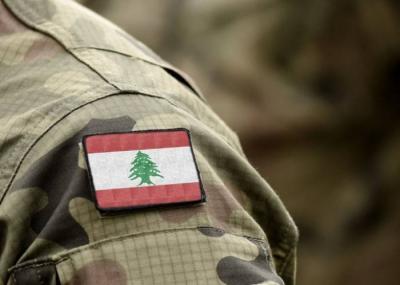The army has not delayed in preparing for election day tomorrow, Sunday, and has preceded it by implementing a tight plan accompanied by proactive measures in various regions, given the sensitivity of the situation arising from challenges related to economic, living, and political realities. Starting today, all army brigades and units have been mobilized to full capacity, and the largest deployment will begin across Lebanon to secure international highways, public roads, and polling and counting stations. The deployment will occur in every city, town, and village, from larger districts to smaller ones, reaching the immediate vicinity of the polling stations, with internal security forces tasked with being present inside the polling stations. Additional units have been drawn from prisons and surrounding areas to reinforce these forces, while the Lebanese General Security will fill the gaps, and the State Security Directorate will operationally supervise the election process to combat and prevent any attempts to influence voters through money, inducements, or intimidation, ensuring a continuous electricity supply to polling and counting centers.
The instructions from the Army Commander, General Joseph Aoun, are strict: no intervention, bias, or failure to uphold the duty of ensuring the security of the electoral process is allowed. Anyone, whether an officer or a soldier, who neglects this significant national duty will face dismissal, as the matter does not tolerate any delay or slackness, even though the task is difficult, yet "the military institution is capable." The army operates as a single unit, and in addition to securing the electoral process, it will provide fuel and support. An operations room network starts from the district to the governorate, with all data flowing to a central operations room, ensuring high readiness to make appropriate decisions and actions in the event of any incident and to quell it promptly.
Moreover, proactive work has not ceased, and many matters have been quietly handled, especially after information became available about efforts by identified parties to exploit the anger of the families of victims from the death boat tragedy by offering them money to initiate movements and provoke armed conflicts on election day, such as heading to the marina for a memorial prayer by the beach and firing shots as is done during funerals, followed by assaults on polling stations in the Al-Qubba area. All this information is being monitored and handled proactively, and deterrent proactive measures have been taken to prevent any incident from becoming a significant problem out of control, with matters being followed up through strict measures as well as through high-level warning communications, as there will be no leniency with any attempt to disrupt the elections in any area or polling station. All assessments indicate that the elections will be conducted safely, but with extraordinary efforts from the army, which has, as usual, borne all responsibilities after other agencies candidly informed political leaders in the recent Supreme Council meeting that they are suffering significant resource shortages and are unable to mobilize their forces.
As usual, the army will be credited with the accomplishment and can claim the next day, "I have successfully completed the electoral process," although we have become accustomed to politicians proclaiming this and attributing the success to themselves.




